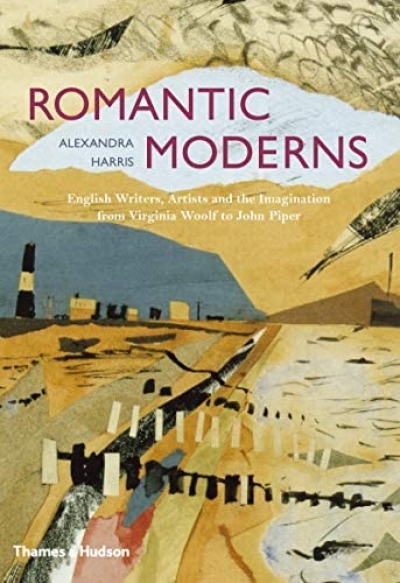Frances Spalding
Romantic Moderns: English Writers, Artists and the Imagination from Virginia Woolf to John Piper by Alexandra Harris
The business of authoring another person’s life is problematic and potentially dangerous. You need to be brave to write biography. It is not just the labour involved, or the obsessive research involving more travel and hours of work than can be deemed cost-effective; it also requires a self-exposing judiciousness. At every stage in the procedure decisions are made, not with the support of a committee or a line manager, but usually by the biographer alone. The rightness or wrongness of these decisions affects not only the selection and handling of the material, but also almost every aspect of the project, from the initial negotiations with descendants of your subject, the literary executor or interested parties, to the publicity that surrounds the book’s publication.
... (read more)
